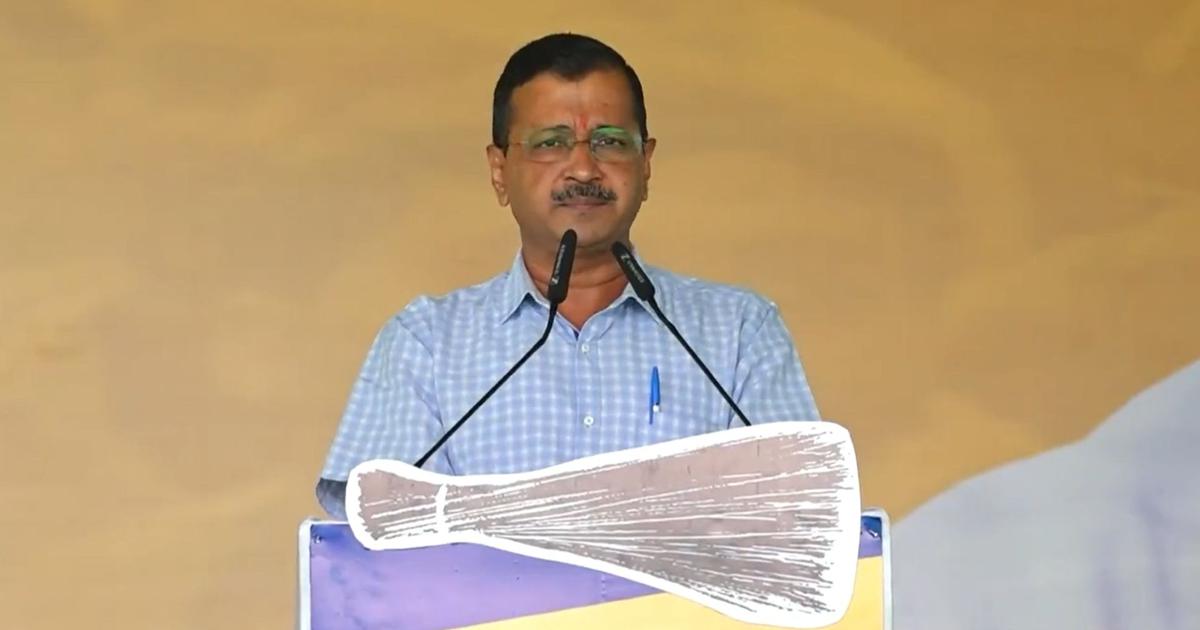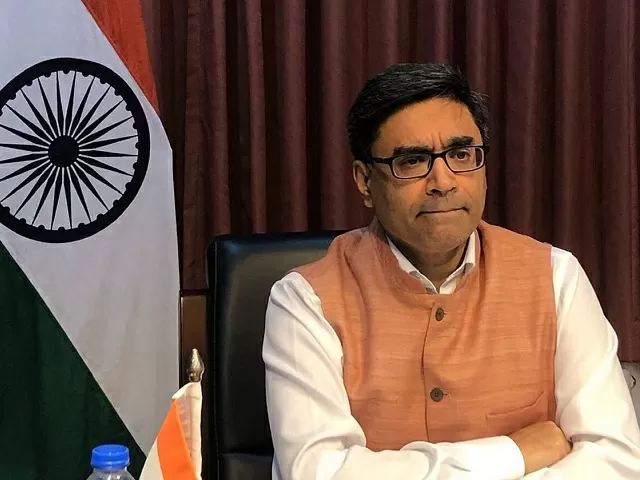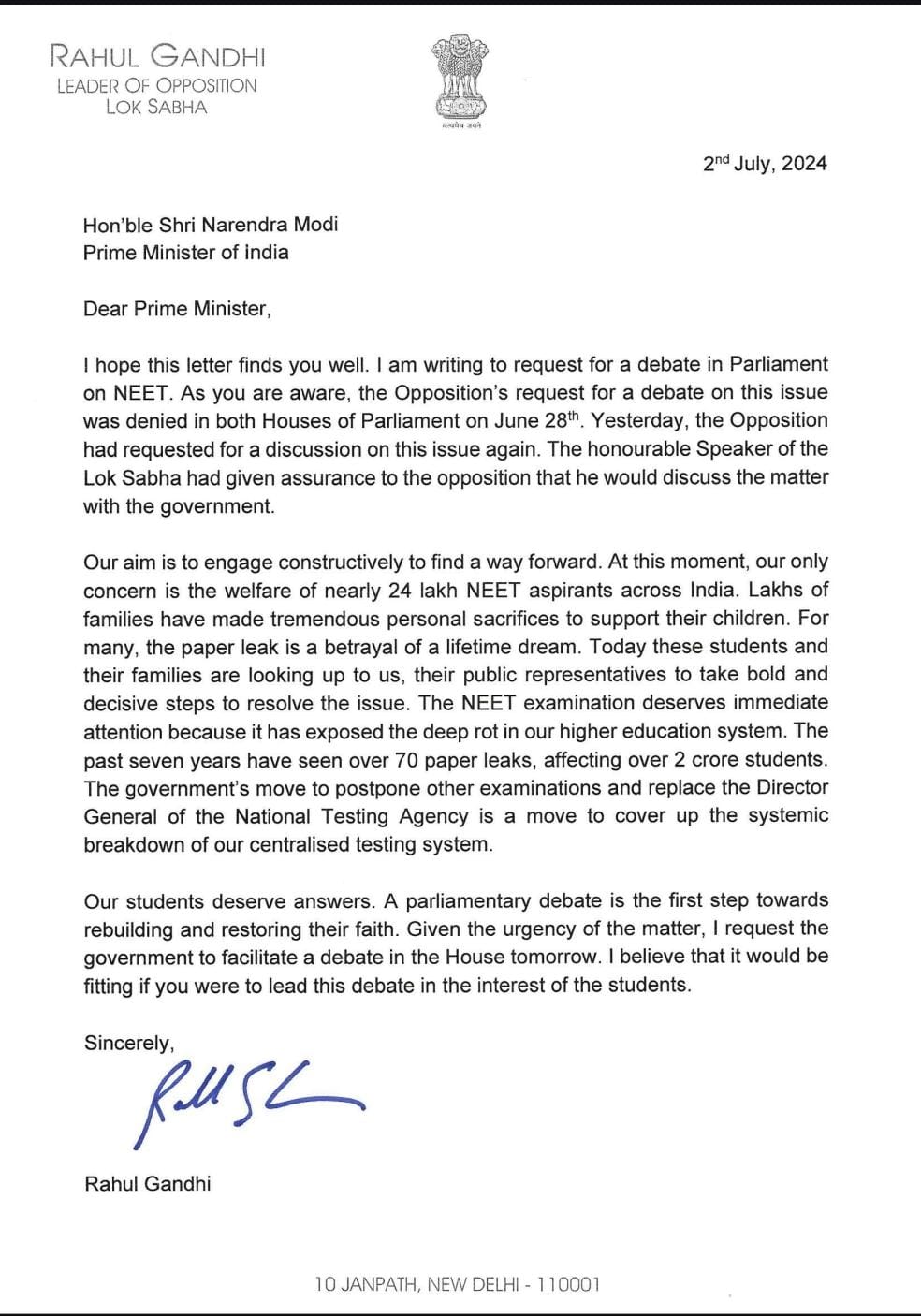The Enforcement Directorate (ED) opposes Delhi CM Arvind Kejriwal’s bail in the Delhi Liquor Policy case, calling the trial court’s decision ‘illegal and perverse’. The ED alleges Kejriwal’s involvement in money laundering, benefiting the Aam Aadmi Party (AAP) in the 2022 Goa elections. The Delhi High Court will decide on the bail plea.
The Enforcement Directorate (ED) has raised significant objections to the bail granted to Delhi Chief Minister Arvind Kejriwal in the high-profile Delhi Liquor Policy case. In a detailed statement submitted to the Delhi High Court, the ED characterized the trial court’s decision to grant bail to Kejriwal as both “illegal and perverse.” The ED criticized the trial court’s vacation bench for allegedly failing to consider critical evidence that demonstrates Kejriwal’s involvement in money laundering activities.
The controversy revolves around the Delhi Liquor Policy, which has been under scrutiny for allegations of corruption and financial misconduct. The ED’s investigation has suggested that the Aam Aadmi Party (AAP) is a primary beneficiary of the illicit funds generated through this scam. According to the ED, approximately Rs 45 crore from the proceeds of this alleged crime were utilized during the 2022 Assembly elections in Goa, benefiting AAP’s political campaign.
The ED’s statement to the Delhi High Court emphasized that the vacation bench did not thoroughly examine the material evidence presented before it. This evidence, the ED claims, indicates Kejriwal’s “neck-deep involvement” in the money laundering activities linked to the Delhi Liquor Policy. The ED also accused the trial court of committing a “fatal error” by overlooking Kejriwal’s vicarious liability under the Prevention of Money Laundering Act (PMLA).
Background of the Case
The Delhi Liquor Policy case has been a significant point of contention in Delhi’s political landscape. The policy, introduced by the Delhi government, aimed to streamline the liquor trade in the capital but has been mired in allegations of corruption and favoritism. The ED, along with other investigating agencies, has been probing these allegations, leading to high-profile arrests and charges.
Arvind Kejriwal, as the Chief Minister of Delhi and leader of the AAP, has been a central figure in this controversy. The ED’s allegations suggest that under his leadership, the AAP received substantial financial benefits from the illicit proceeds of the liquor policy scam. This has raised questions about the integrity and transparency of the party’s operations and the governance in Delhi.
Legal Proceedings and Controversies
The trial court’s decision to grant bail to Kejriwal was met with immediate opposition from the ED. On June 21, the Delhi High Court responded to the ED’s petition by issuing an interim stay on the trial court’s order, suspending Kejriwal’s bail until June 25. This move indicated the seriousness with which the High Court is considering the ED’s allegations and the accompanying evidence.
In response to the High Court’s interim stay, Kejriwal filed a petition with the Supreme Court, seeking to overturn the High Court’s decision. However, the Supreme Court advised Kejriwal to wait for the High Court’s final decision on his bail plea, suggesting that the matter should be resolved within the appropriate judicial framework.
Implications for AAP and Delhi Governance
The ED’s allegations and the ongoing legal battles have significant implications for the AAP and its leadership. If the allegations are proven true, it could undermine the credibility of the party and its claims of clean governance. The use of allegedly laundered money in the Goa elections also raises ethical and legal questions about the conduct of political campaigns in India.
For Arvind Kejriwal, the stakes are particularly high. As the face of the AAP and the Chief Minister of Delhi, any legal setbacks or proven allegations could tarnish his political career and impact his party’s future prospects. The case also puts the spotlight on the effectiveness of anti-corruption measures and the enforcement of financial regulations in Indian politics.
The ED’s opposition to Arvind Kejriwal’s bail and the subsequent legal proceedings highlight the complexities and challenges of addressing corruption allegations in India’s political system. The Delhi High Court’s forthcoming decision on Kejriwal’s bail plea will be a critical juncture in this case, potentially setting a precedent for how similar cases are handled in the future. As the legal battle continues, the implications for the AAP, its leadership, and the broader political landscape remain significant and closely watched.



